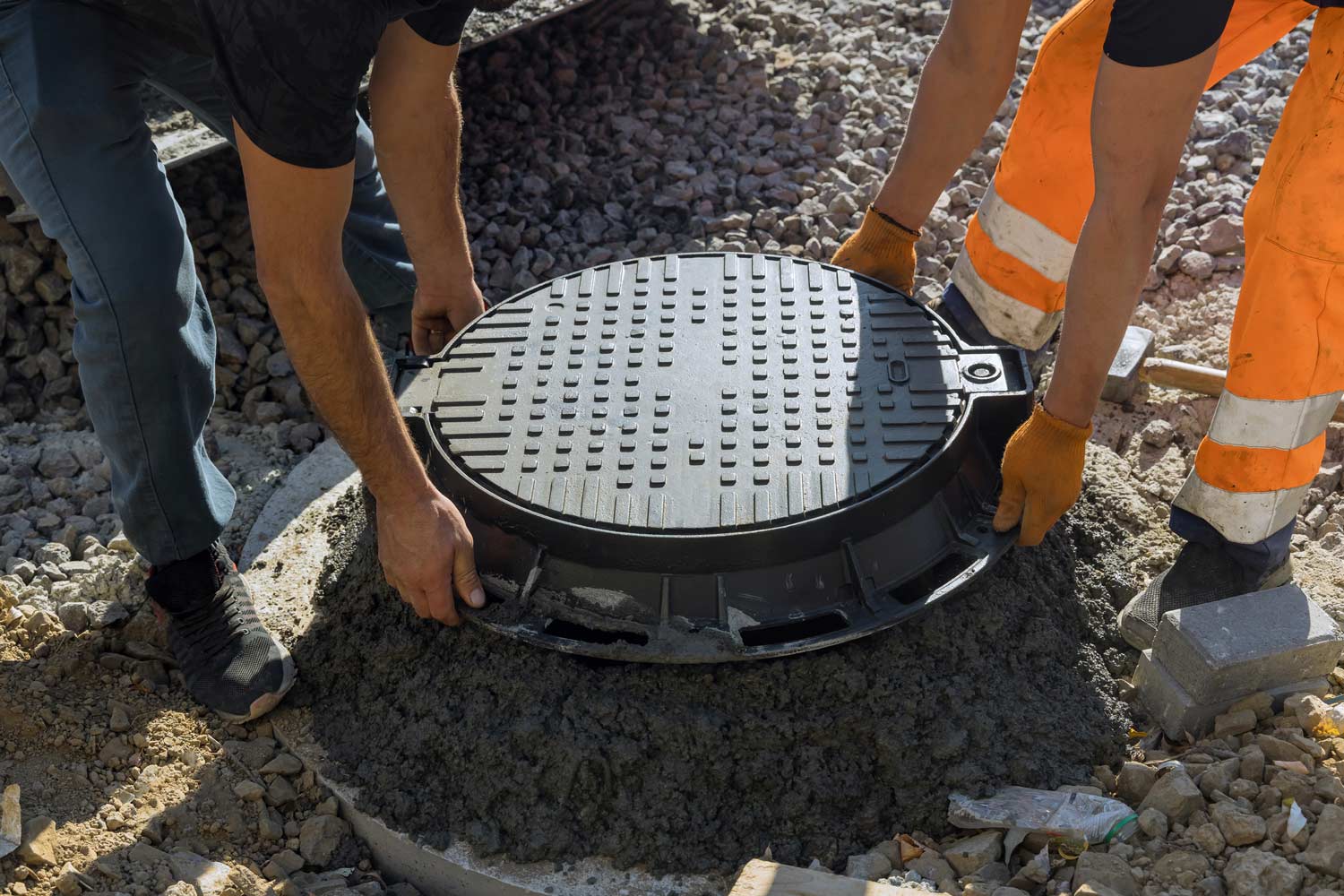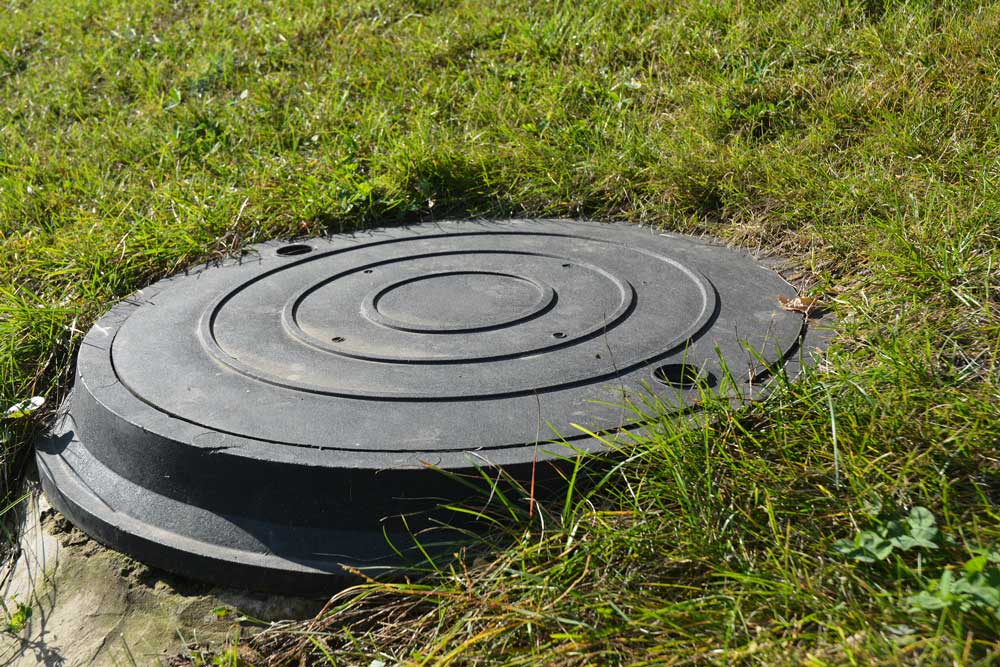Ways to Increase the Life of Your Septic System
A septic system is a significant investment. According to HomeServe, they cost between $1,500 and $5,000. As such, you want it to serve you for as long as possible to achieve a return on your investment. The best way to prolong your septic system's lifespan is through proper care and maintenance. Learn some simple ways to get the most out of your system and avoid costly repairs and replacements.
Mind What Goes Down the Drain
Everything you dispose of in your drain - think toilet, sinks, and shower - ends up in your septic tank. What you flush can be the difference between a premature replacement and a system that serves you for decades. Subsequently, be cautious of what you flush in toilets. Flush only wastewater and tissue paper. Items like cigarette butts, wet wipes, sanitary products, and diapers will harm your septic tank.
Similarly, food waste, grease, eggshells, and coffee grounds should not go down a kitchen sink, as they hurt your plumbing and septic system. Also, avoid pouring oils, chemicals, bleaches, and disinfectants into your bathroom and utility sinks.
Schedule Septic Pumping
Among the best ways to extend your septic tank's life and prevent damage is to schedule pumping as required. Typically, you should pump your tank every three to five years, depending on your household size, amount of wastewater, and tank size.
You may wonder when to call in a septic professional for pumping. A tank not pumped in the last three years is a good candidate for pumping. Also, signs such as sewage backup, odours, pooling water, and very healthy grass on the septic system indicate the need for pumping.
Care for Your Tank and Drain Field
First, refrain from parking or driving heavy equipment over your septic system, including both the septic tank and drain field. Second, avoid planting trees and shrubs on your system. Their roots can damage your tank, pipes, and drain field. If you must plant something, choose grass with shallow roots.
Third, do not divert water, including rainwater, runoff, and sump pumps, into your drain field. Last, keep any structures such as sheds and outdoor storage off of the drain field. While a structure may seem lightweight, it can hurt your drain field significantly.
Reduce Water Consumption
Conserving water is good for both your septic system and your budget. Your tank gets less wastewater to handle, and you save on utility bills. Simple things such as taking shorter showers, turning off sinks when not in use, and repairing leaky faucets can go a long way to lessen water consumption. Also, low-flow water fixtures are more water-efficient than standard fixtures.
Notably, refrain from discharging vast amounts of water within a short time in your septic tank. It increases the probability of too much water making its way into the drain field and overwhelming it. So, rather than doing all your week's laundry one-off, do it in bits and protect your septic system.
Perform Inspections
Septic systems are often out of sight and thus out of mind, making it easy to forget inspections and maintenance. Most homeowners only think about their septic system when something is wrong. Perhaps you have slow drains, sewer smells in the house, or gurgling sounds. Nonetheless, this should never be the case.
Septic systems need inspections, at least annually, to function optimally and efficiently. Inspections are an inexpensive way to identify issues before they damage your system and require expensive repairs or even replacement. Septic inspections are not a DIY project, and you should let skilled and experienced professionals handle them.
Contact
JT Sanitation for high-quality and reliable septic tank inspections, repair, and installation. We serve residential and commercial clients and take pride in our trained staff, quality services, and modern techniques.

